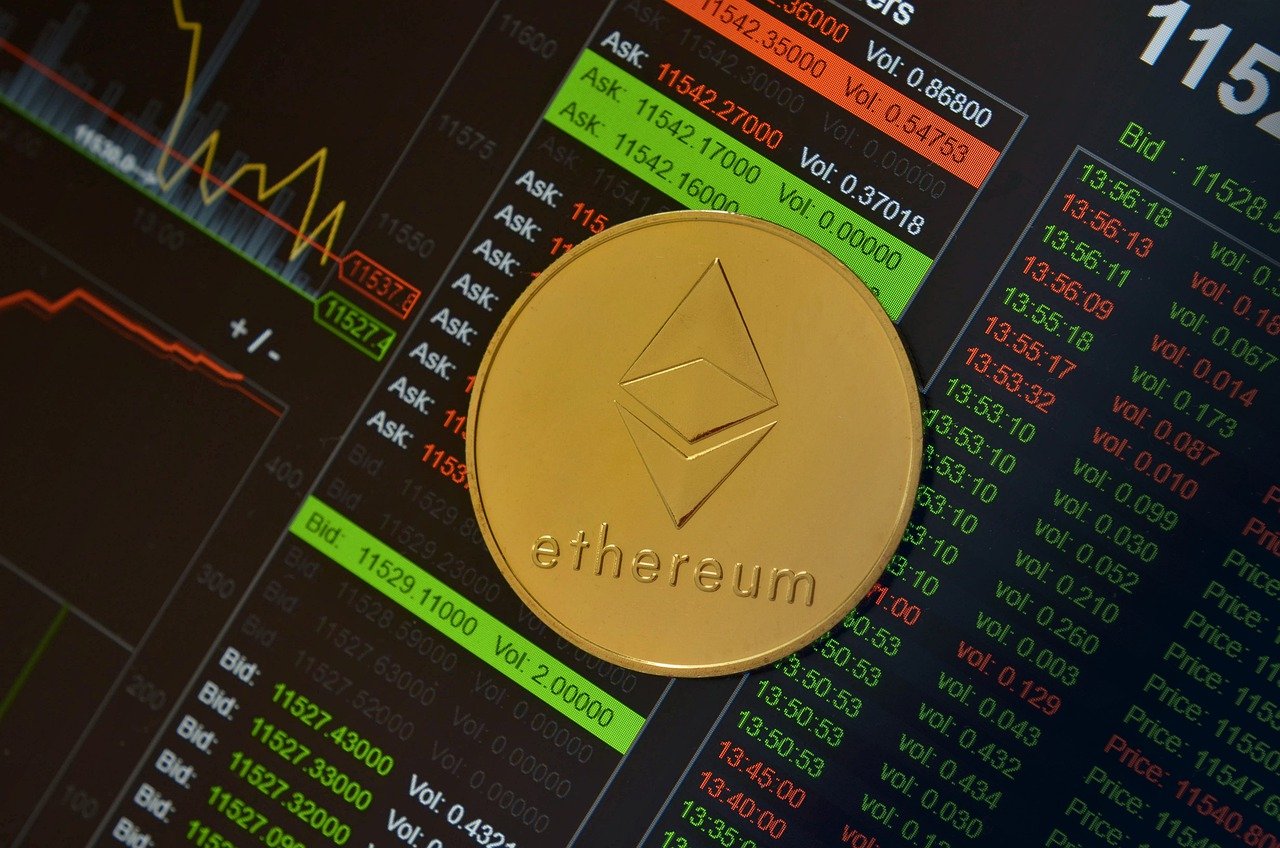Every transaction (buying, selling, transferring) on a cryptocurrency network includes execution fees. However, the gas fee charged on each cryptocurrency differs; some may be higher or lower.
Giant cryptocurrency ETH is one of the cryptocurrencies with the highest gas fee charges. This high fee charge is owing to the high transactions and activities on its network, causing the need for power.
The high amount of power consumption has caused gas fees to spike, which made the blockchain non-affordable for average crypto users. This high fee may have caused crypto enthusiasts to abstain from transacting on the network and seek alternate networks.
Drop in Ethereum Gas Fee: Lowest Level Reached In 2022
According to a report and analysis from blockchain platform Dune Analytics, ETH gas fees have dropped drastically. The platform stated that the 7 days average analysis revealed that the fee has dropped to 16.985 Gwei, almost $8.
The average gas fee on the Ethereum network stands at 16.985 Gwei, which is a steep decline in the fee charged on transactions. Ethereum fees went as high as $40 in late 2021 during the bullish run in the cryptocurrency market.

These high fee charges were one of the inhibiting factors of volume trading and transactions on the Ethereum blockchain. However, this also catalyzed smaller blockchains like; Solana, Binance Smart Chain (BSC), Quitriam Finance (QTM), and others to surge in the marketplace.
However, following the bearish trend set in the crypto market caused the fees to drop a little earlier in 2022. This fee drop was triggered by the steep decline in cryptocurrency values and price, which caused Ethereum itself to drop as low as $1,100.
ETH Fee Drop, Possible Relation with Upcoming Merge Update
The drop in ETH gas fees might be related to its upcoming network upgrade and merger in September. Following the announcement of the network 2.0 upgrade on the Ethereum network, there has been questioning regarding the fee.
Crypto users and enthusiasts are curious if the network merge would affect and possibly increase gas fees on the network.
According to crypto and blockchain experts, the fees may be reduced after the event is completed. Since its invention, the Ethereum blockchain network has run on the proof-of-work (POW) consensus mechanism.
However, after the upgrade, the network will be moved to operate on a proof-of-stake (POS) mechanism, which is also called ETH 2.0.
ETH 2.0/POS is believed to be more economically friendly, simple, and less energy-consuming than the proof-of-work consensus. ETH miners are also at an advantage with the merge.
They won’t have to go through several validations and problem solving like the POW protocol. With the merger, gas fees dropping seems evident.
However, a crypto expert and trader, Raman Vivek, stated that the gas fees are not a definition of the two protocols. He stated that the ETH users will still be charged gas fees higher than normal unless they find alternatives.






